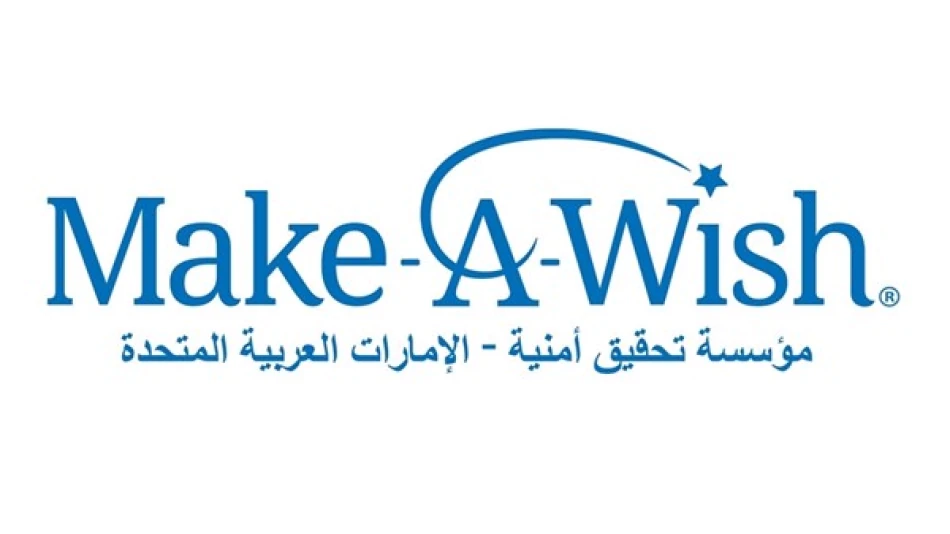
Shaikha bint Saif: Humanitarian Work Unites Us, Our Message Embraces Hope
UAE's Humanitarian Legacy Takes Center Stage Through Children's Wish Foundation
As the world marks International Humanitarian Day, the UAE's commitment to global compassion has reached a remarkable milestone. The Make-A-Wish Foundation UAE has fulfilled over 7,900 wishes for chronically ill children from more than 80 nationalities since 2010, exemplifying how the Emirates has transformed humanitarian work from policy rhetoric into tangible impact that transcends borders.
Beyond Oil: Building Soft Power Through Compassion
Sheikha Shaikha bint Saif bin Mohammed Al Nahyan, Chairman of the Board of Trustees for the Make-A-Wish Foundation UAE, emphasized that the country's leadership has made humanitarian work "an authentic part of the state's identity and developmental journey." This strategic positioning reflects a broader Gulf trend where nations are diversifying their global influence beyond energy exports.
The UAE's approach mirrors Singapore's model of building international goodwill through targeted humanitarian initiatives, but with a distinctly personal touch. While Singapore focuses on disaster relief and development aid, the Emirates has carved out a niche in child welfare that resonates emotionally with global audiences.
Strategic Timing and Global Context
The announcement coincides with International Humanitarian Day on August 19, but the timing carries deeper significance. As geopolitical tensions reshape global alliances, the UAE's consistent humanitarian messaging provides diplomatic currency that traditional military or economic power cannot match.
The Numbers Tell a Story
Since 2010, the foundation's 7,900 fulfilled wishes represent more than charitable statistics—they demonstrate systematic capacity building in humanitarian infrastructure. The 80+ nationalities served underscore the UAE's position as a regional hub where diverse communities intersect, creating natural opportunities for cross-cultural impact.
Regional Competition in Humanitarian Leadership
The UAE's humanitarian branding faces competition from Saudi Arabia's Vision 2030 initiatives and Qatar's World Cup-adjacent charitable programs. However, the Emirates maintains advantages through institutional continuity and established international partnerships that newer programs struggle to replicate quickly.
Unlike Saudi Arabia's top-down humanitarian restructuring or Qatar's event-driven charitable initiatives, the UAE's approach builds on decades of consistent messaging and operational experience. This creates sustainable competitive advantages in the soft power competition reshaping Middle Eastern influence.
Investment Implications and Economic Strategy
For international investors and development organizations, the UAE's humanitarian infrastructure represents more than corporate social responsibility—it signals long-term stability and values alignment that increasingly influence capital allocation decisions. ESG-focused funds particularly value jurisdictions with demonstrated humanitarian commitments.
The foundation's multi-nationality reach also creates network effects that benefit broader UAE economic interests, as families and communities touched by these programs develop positive associations with Emirates-based institutions and opportunities.
Looking Forward: Institutionalizing Impact
Sheikha Shaikha's emphasis on humanitarian work as "an extended covenant that transcends borders" suggests the UAE views these initiatives as permanent strategic assets rather than temporary public relations efforts. This long-term thinking differentiates the Emirates from regional competitors who treat humanitarian work as cyclical policy priorities.
The challenge ahead lies in scaling impact while maintaining the personal touch that makes individual wish fulfillment so powerful. As the UAE prepares for its next development phase, humanitarian leadership provides both moral authority and practical diplomatic advantages that traditional power projection cannot achieve.
Most Viewed News

 Layla Al Mansoori
Layla Al Mansoori






